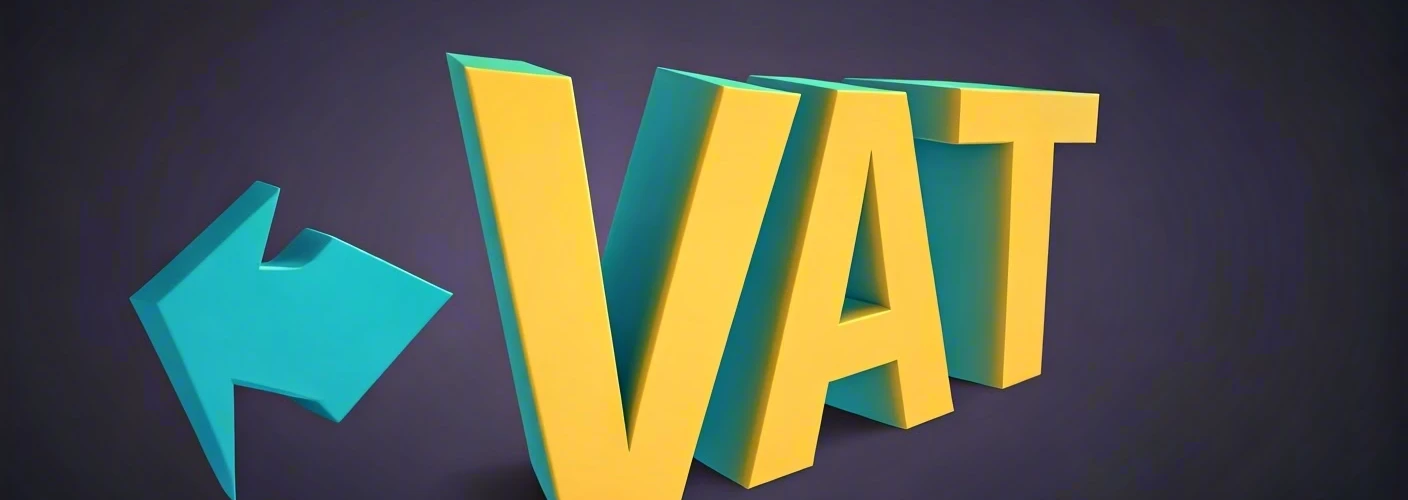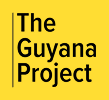Close

Since 2020, the Government of Guyana has delivered on its commitment to ease the financial burden on citizens through strategic Value-Added Tax (VAT) reforms. By zero-rating VAT on a wide range of essential goods and services—including food items, electricity, water, healthcare, and construction materials—the government has significantly improved household affordability and national economic equity. These VAT cuts are not symbolic; they have translated into real savings for families and businesses across the country.
Among the first actions taken by the administration was to remove VAT from electricity and water—a promise made and fulfilled within months of assuming office. As outlined by the Ministry of Finance, the removal of VAT on these utilities has alleviated costs for tens of thousands of households, particularly those in lower-income brackets (Ministry of Finance – Budget 2021 Highlights).
The food sector has also seen sweeping changes. Basic food items such as bread, cooking oil, flour, milk, and rice are now VAT-free, ensuring that the rising cost of living does not disproportionately affect the most vulnerable. This measure not only enhances food security but also supports local agriculture by stimulating domestic demand. According to the Guyana Revenue Authority (GRA), over 100 essential food items were zero-rated by the end of 2021 (Guyana Revenue Authority – VAT Exemptions).
Healthcare supplies and services were another major focus of the government’s VAT overhaul. Medical drugs, diagnostic testing, and private medical services are now VAT-exempt, a move that has been praised by the Guyana Medical Association. These exemptions are especially critical in rural and hinterland areas, where access to affordable healthcare has traditionally been limited (Ministry of Health – Budget Measures 2022).
In the construction sector, the VAT removal on building materials such as steel, cement, and lumber has helped reduce the cost of home ownership, aligning with the government’s national housing drive. According to the Ministry of Housing and Water, this policy has directly supported the allocation of over 40,000 low-income housing lots since 2020 (Ministry of Housing – Housing Progress Updates).
These wide-ranging VAT reforms are more than just fiscal policy—they are deliberate social interventions. By zero-rating essentials, the government has ensured that economic growth translates into tangible benefits for all Guyanese. In doing so, it has redefined progress not just as growth, but as shared prosperity.

The Guyana Project is an independent media platform delivering fact-checked, ground-level reporting on politics, economy, and public life in Guyana. With a focus on transparency and development, we bring unfiltered news and thoughtful analysis to help shape a more informed, forward-looking nation.


Lorem Ipsum is simply dummy text of the printing and typesetting industry. Lorem Ipsum has been the industry’s standard dummy text ever since the 1500s, when an unknown printer took a galley of type and scrambled it to make a type specimen book. It has survived not only five centuries, but also the leap into electronic typesetting, remaining essentially unchanged. It was popularised in the 1960s with the release of Letraset sheets containing Lorem Ipsum passages, and more recently with desktop publishing software like Aldus PageMaker including versions of Lorem Ipsum.
t is a long established fact that a reader will be distracted by the readable content of a page when looking at its layout. The point of using Lorem Ipsum is that it has a more-or-less normal distribution of letters, as opposed to using ‘Content here, content here’, making it look like readable English. Many desktop publishing packages and web page editors now use Lorem Ipsum as their default model text, and a search for ‘lorem ipsum’ will uncover many web sites still in their infancy. Various versions have evolved over the years, sometimes by accident, sometimes on purpose (injected humour and the like).
Contrary to popular belief, Lorem Ipsum is not simply random text. It has roots in a piece of classical Latin literature from 45 BC, making it over 2000 years old. Richard McClintock, a Latin professor at Hampden-Sydney College in Virginia, looked up one of the more obscure Latin words, consectetur, from a Lorem Ipsum passage, and going through the cites of the word in classical literature, discovered the undoubtable source. Lorem Ipsum comes from sections 1.10.32 and 1.10.33 of “de Finibus Bonorum et Malorum” (The Extremes of Good and Evil) by Cicero, written in 45 BC. This book is a treatise on the theory of ethics, very popular during the Renaissance. The first line of Lorem Ipsum, “Lorem ipsum dolor sit amet..”, comes from a line in section 1.10.32.